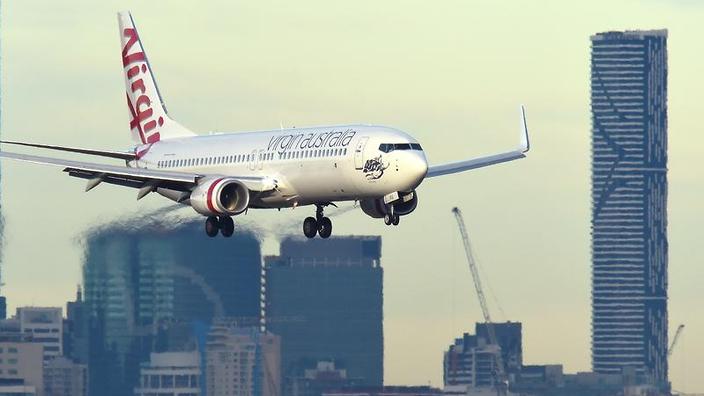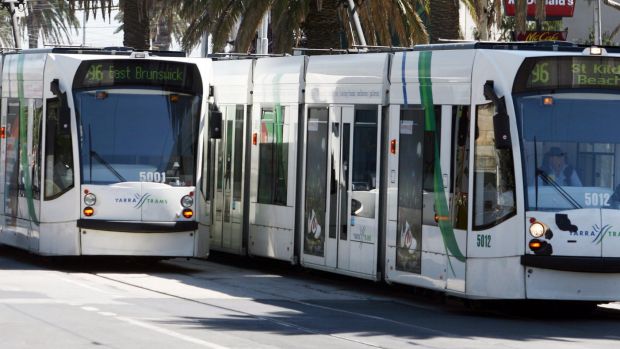Brisbane airport will become one of the first airports in the world to use biofuel, with Virgin Australia trialling the sustainable fuel source.
Virgin has partnered with US-based renewable fuel supplier Gevo Inc to supply “biojet” fuel to Virgin planes out of Brisbane for the next two years.
Virgin Australia CEO John Borghetti said the airline wanted to test whether the renewable fuel was a viable alternative to straight jet fuel.
“The project announced today is critical to testing the fuel supply chain infrastructure in Australia to ensure that Virgin and Brisbane Airport are ready for the commercial supply of these exciting fuels,” he said.
Premier Annastacia Palaszczuk said over the course of the trial the biofuel would be produced overseas and shipped to Australia, but she hoped over the next two years it would be able to be sourced locally.
“To get up and running, industrial-scale biorefineries need a critical mass of customers to supply,” Ms Palaszczuk said.
“That’s why it’s vital to get big industries like aviation and defence on board as potential customers.”
The Queensland government has already signed a deal to supply biofuel to the US Navy, with an agreement to supply 50 per cent of their fuel needs by 2020.
This was originally published by SBS.com.au.


